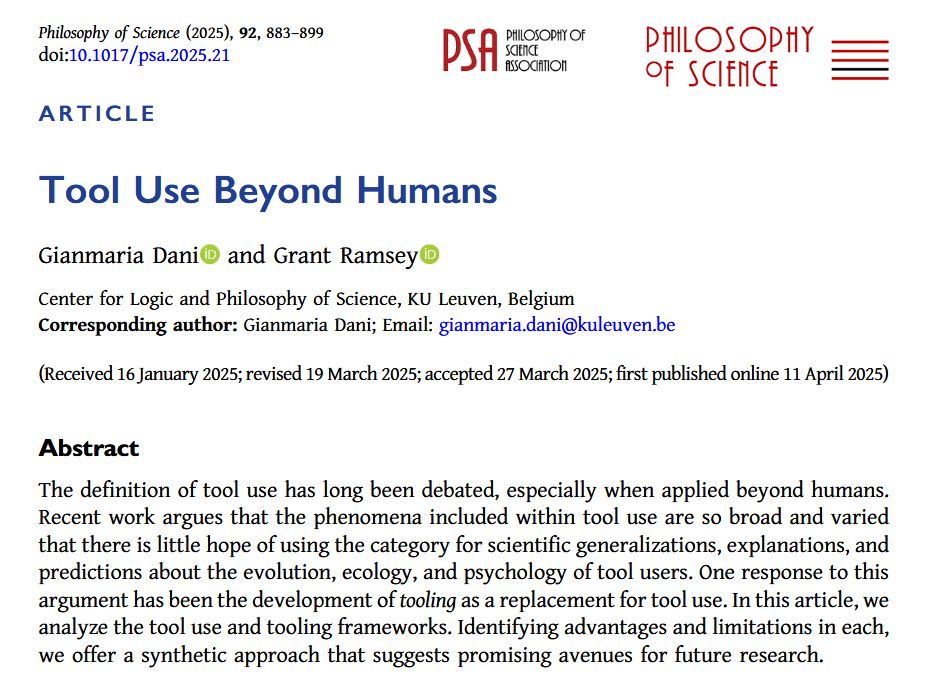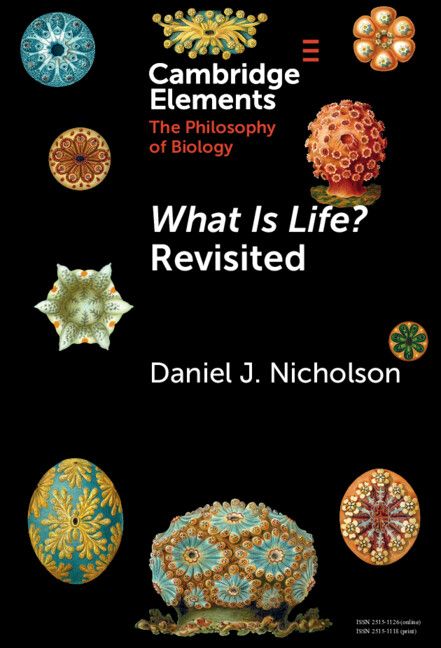https://www.theramseylab.org • #HPbio #philsci #philsky #evosky #paleosky #cogsci






#philbio #hpbio #philsky #evosky #behavior🧪

#philbio #hpbio #philsky #evosky #behavior🧪
#evosky #philbio #philsky #4Ecognition

#evosky #philbio #philsky #4Ecognition
#hpbio #evosky #philsky #philbio

#hpbio #evosky #philsky #philbio
While the aesthetic is often applied to humans & often to a Western, post-Kantian context, evalutative coevolutionary approaches suggest more promising avenues for research across the tree of life.
#philbio #evosky #philsky

#evosky #fungi #philsky #behaviouralecology #philbio 🧪

#evosky #fungi #philsky #behaviouralecology #philbio 🧪

#evosky #philsky #philbio #hpbio #plantbehavior 🧪

#evosky #philsky #philbio #hpbio #plantbehavior 🧪
#evosky #philbio #hpbio #philsky #hpbio 🧪

#evosky #philsky #philbio #hpbio #plantbehavior 🌱🧪

#evosky #philsky #philbio #hpbio #plantbehavior 🌱🧪
#evosky #hpbio #philbio #philsky 🧪

#philsky #hpbio #evosky #behavior #neuroscience 🧪

#philsky #hpbio #evosky #behavior #neuroscience 🧪
#evosky #philbio #hpbio #behavior🧪

#evosky #philbio #hpbio #behavior🧪
#hpbio #philsky #evosky #philbio #animalbehavior🧪

#hpbio #philsky #evosky #philbio #animalbehavior🧪
#hpbio #evosky #philbio #philsky 🧪

#hpbio #evosky #philbio #philsky 🧪






